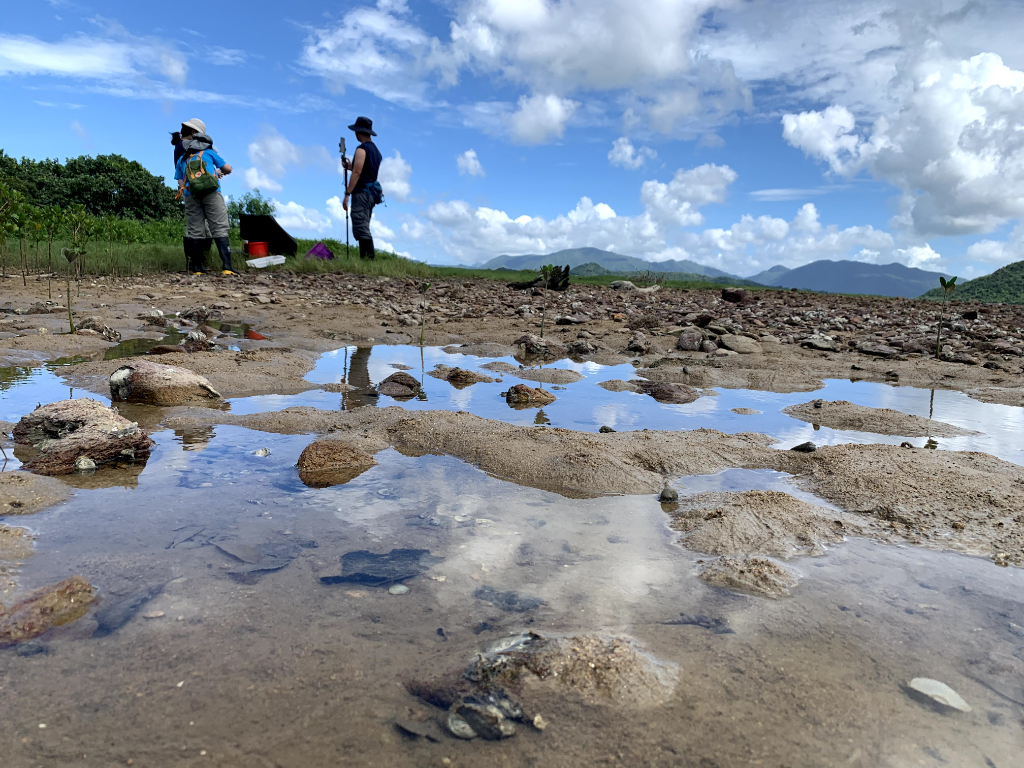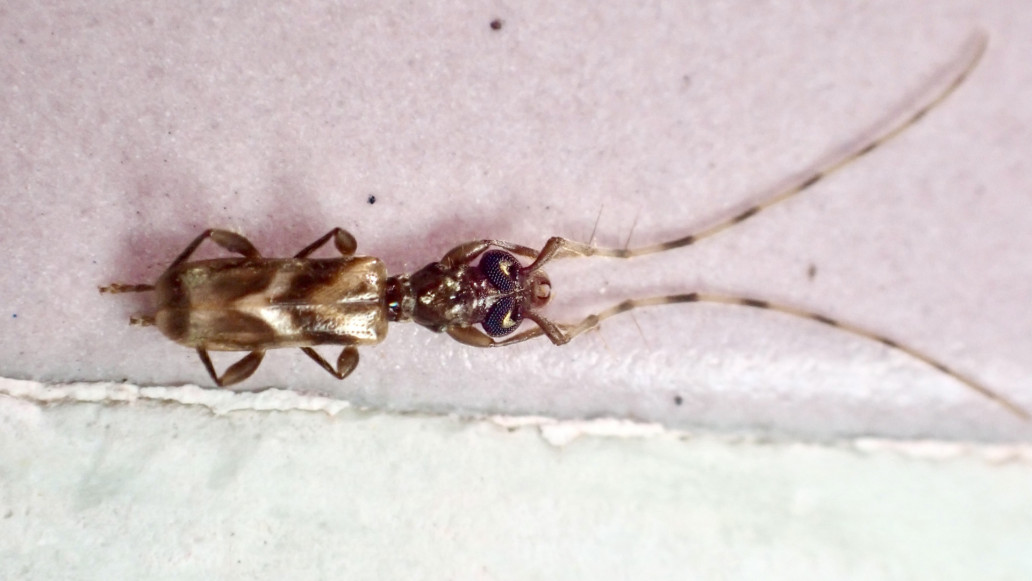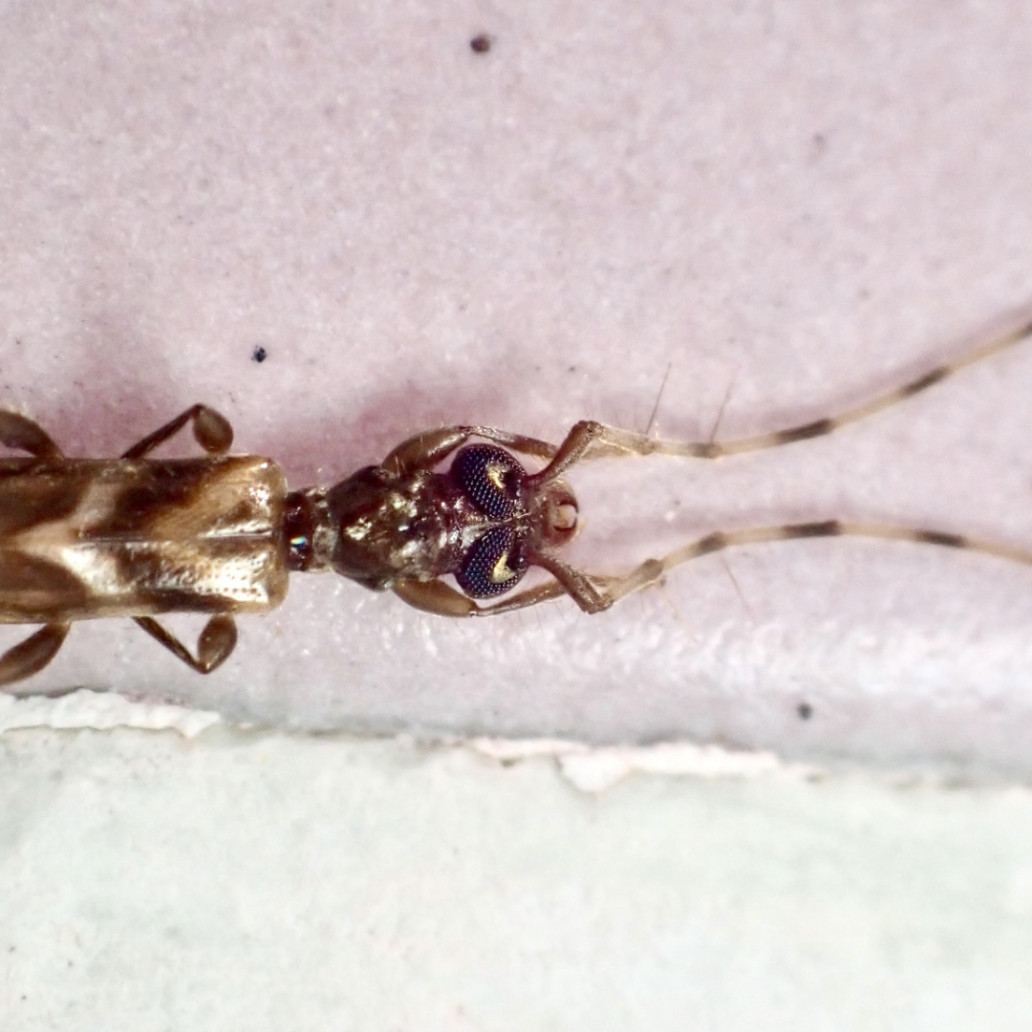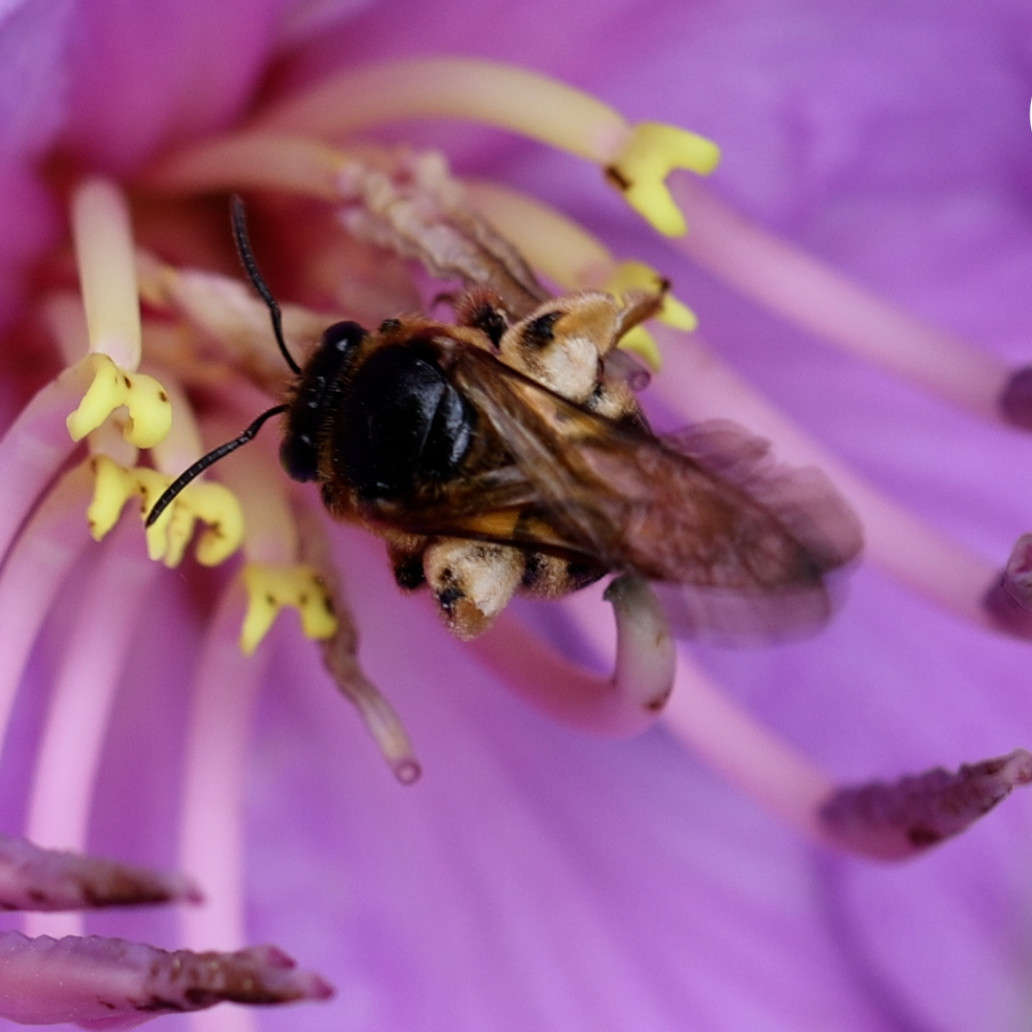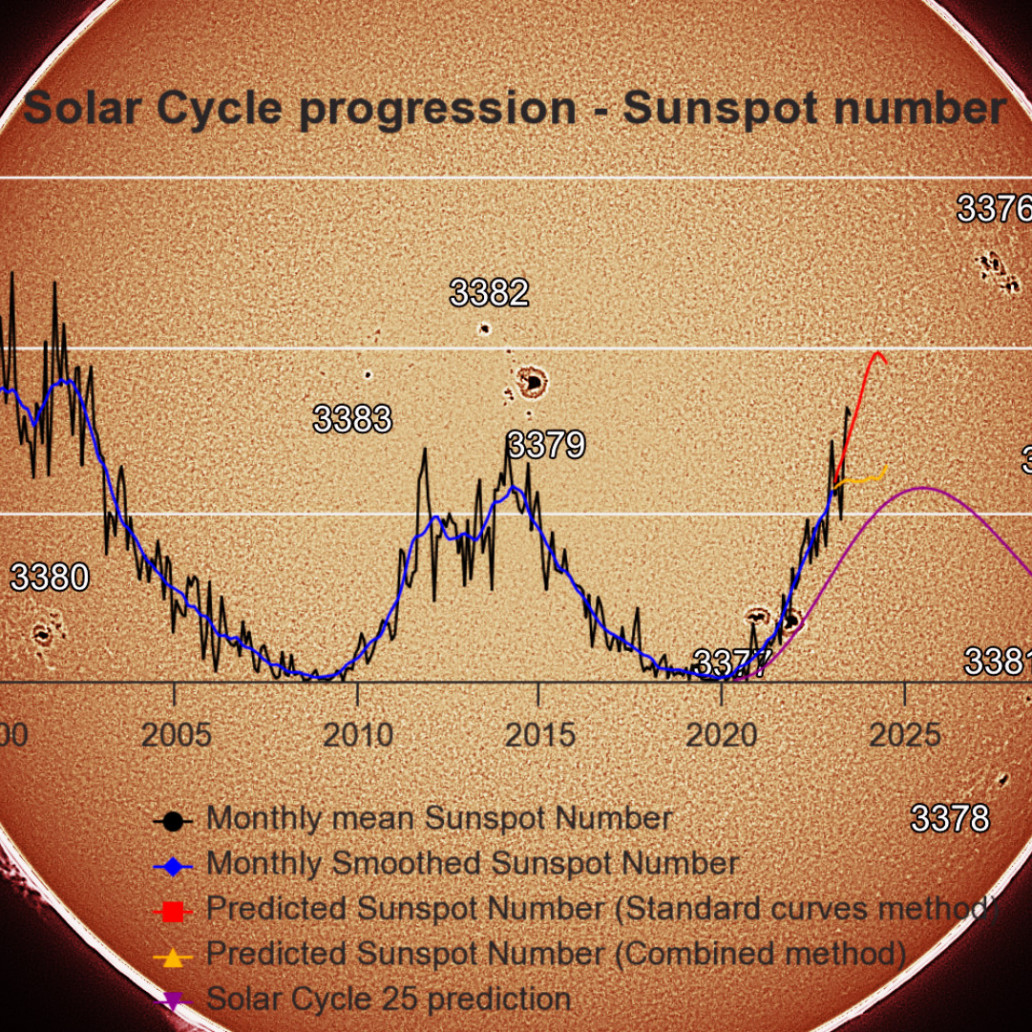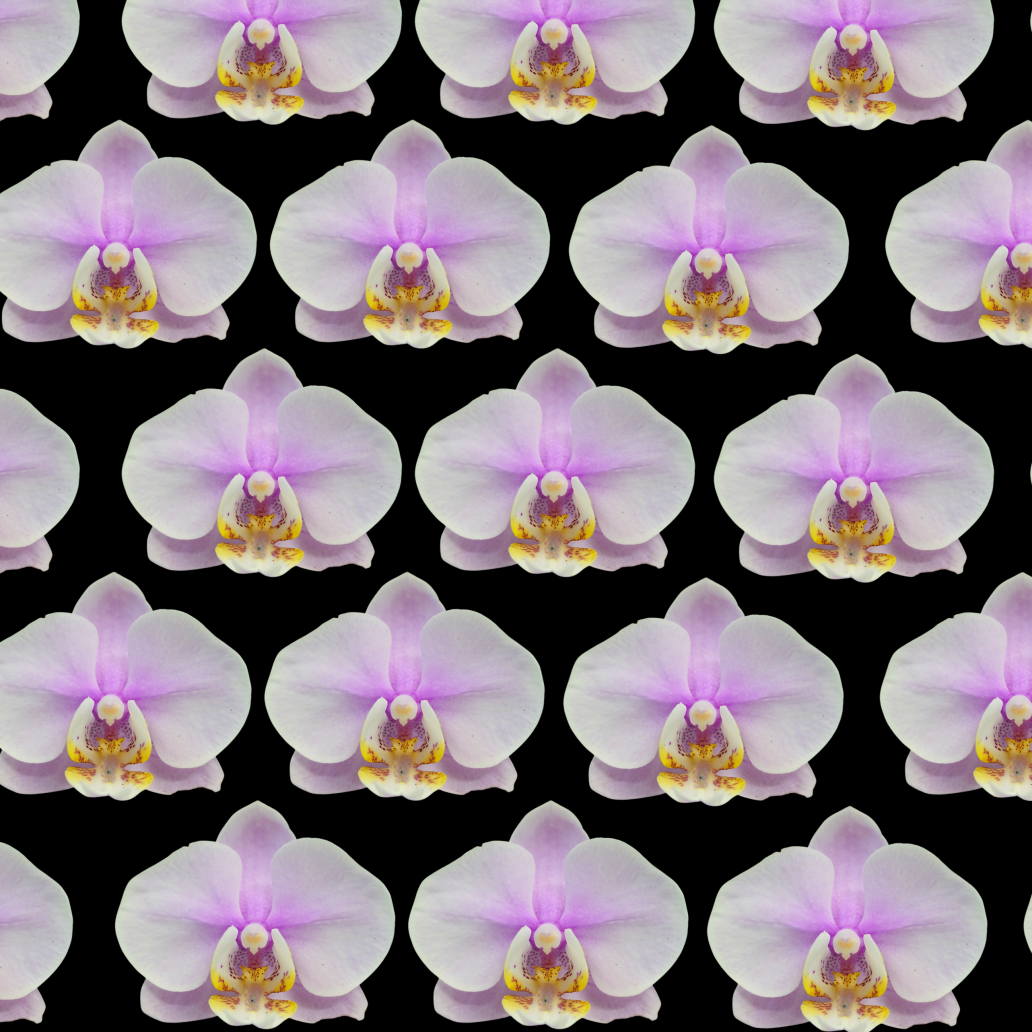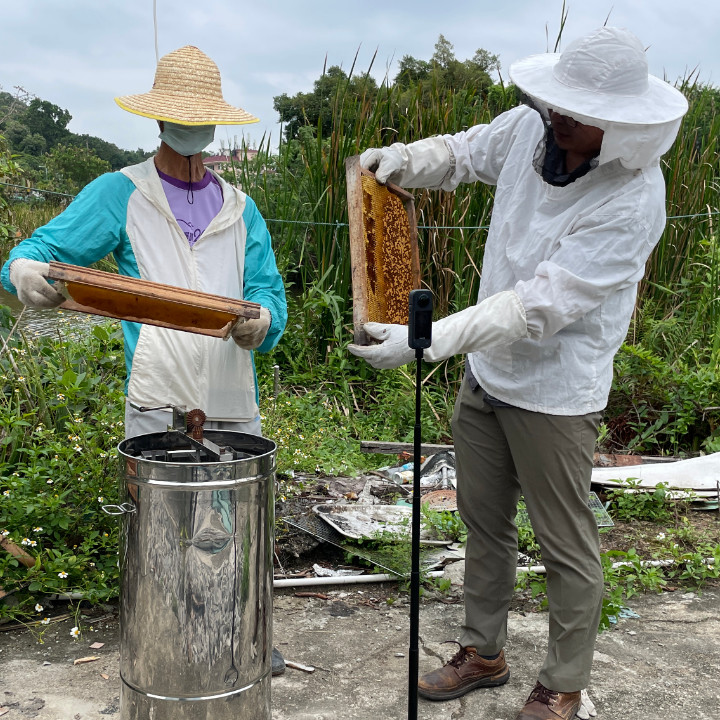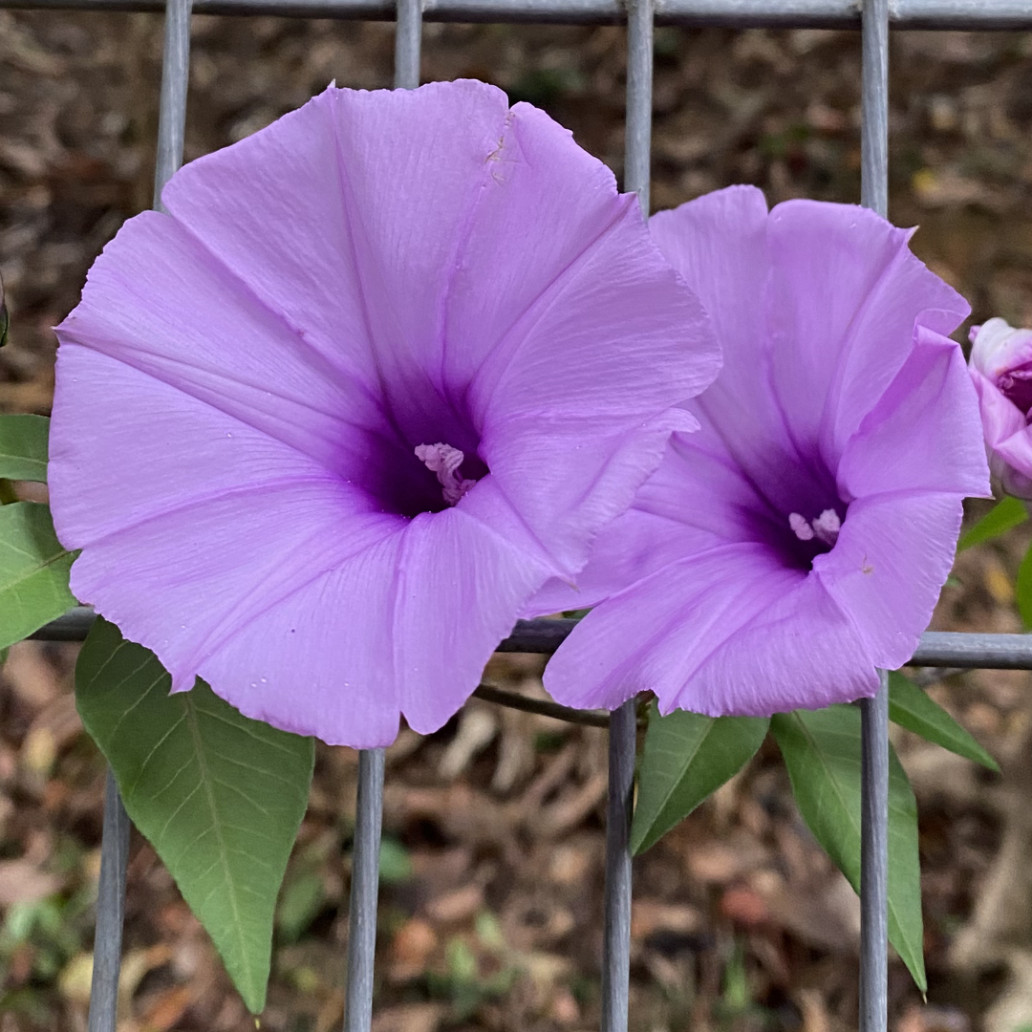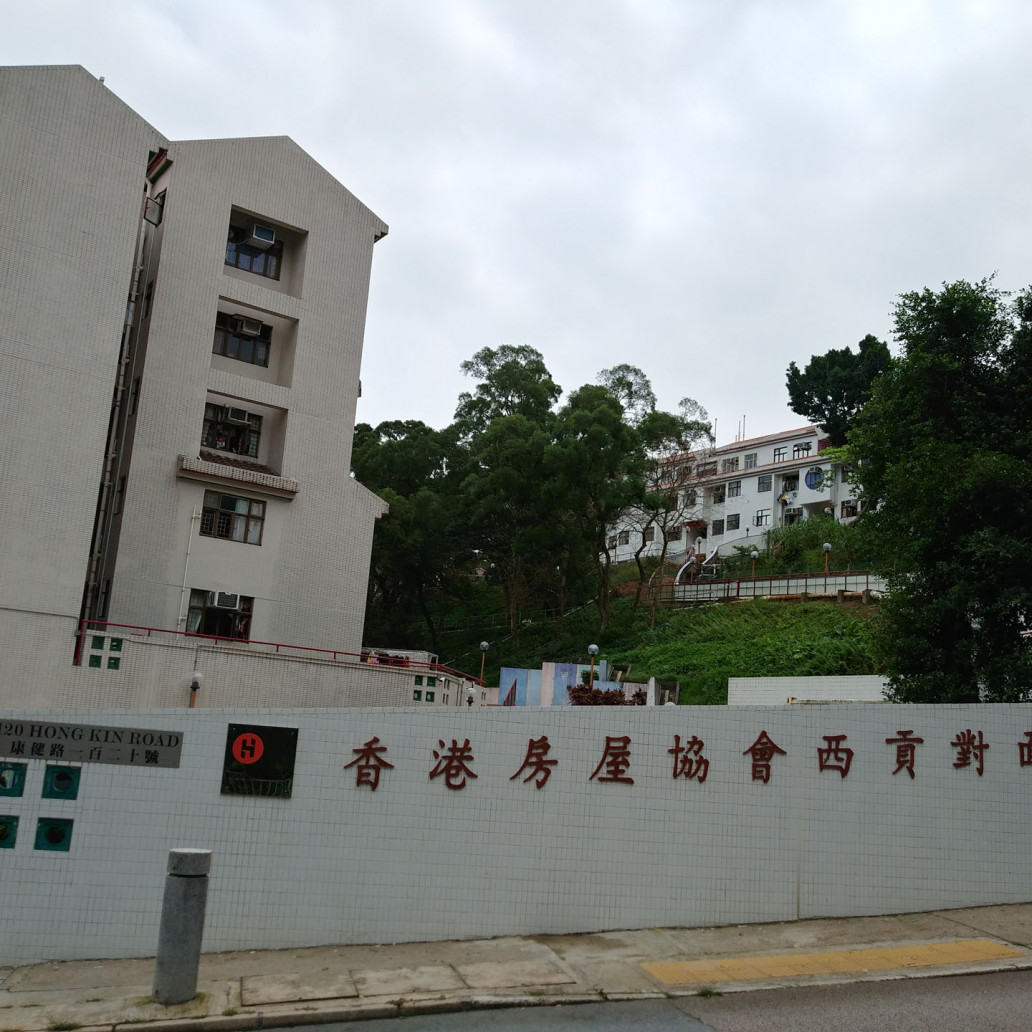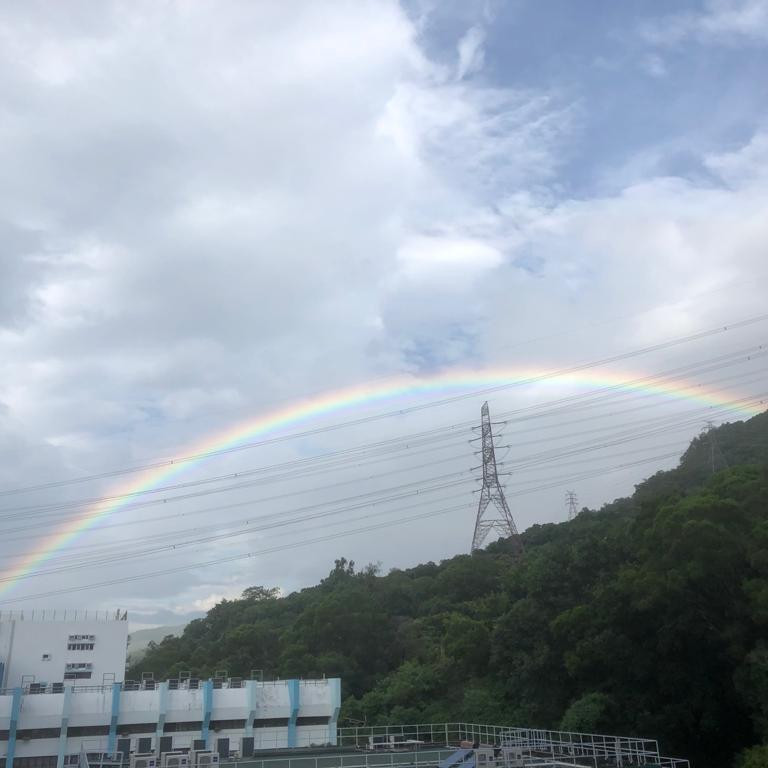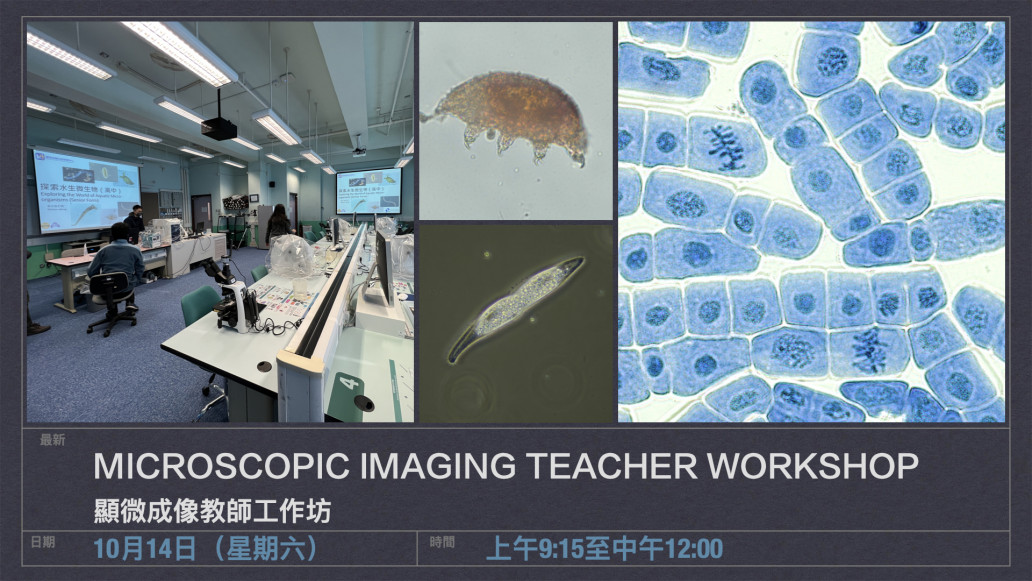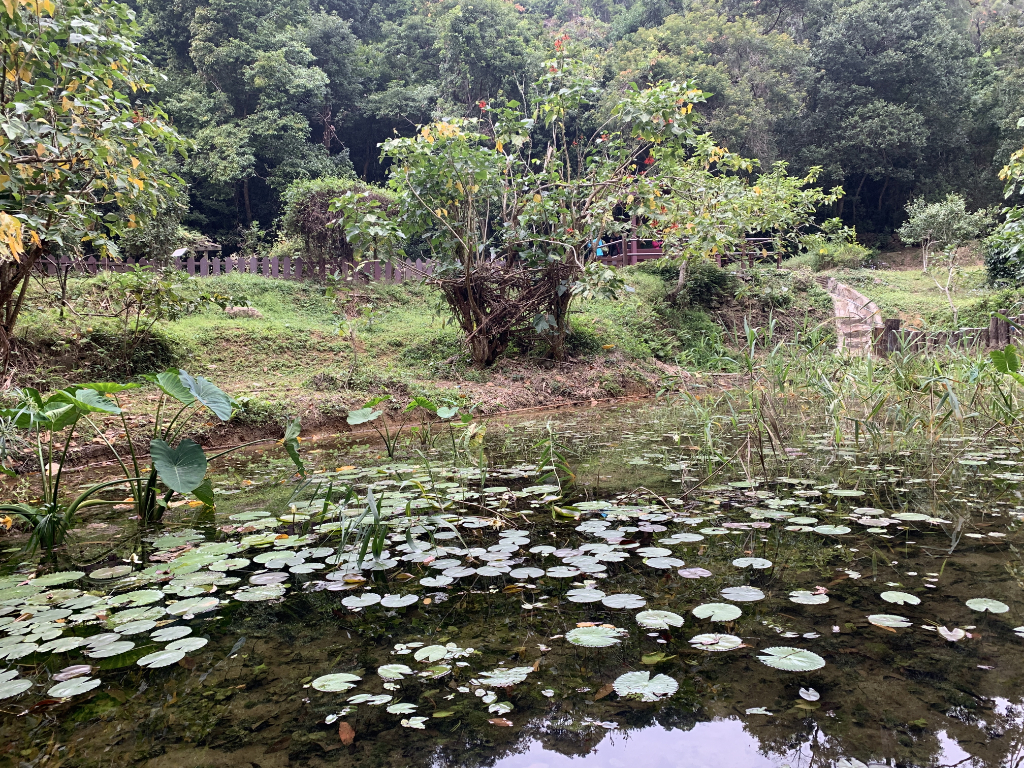人工智能對生物辨識的應用
Chinese version only. The content of this page does not provide English version.
二零二三年九月 第二期
人工智能對生物辨識的應用
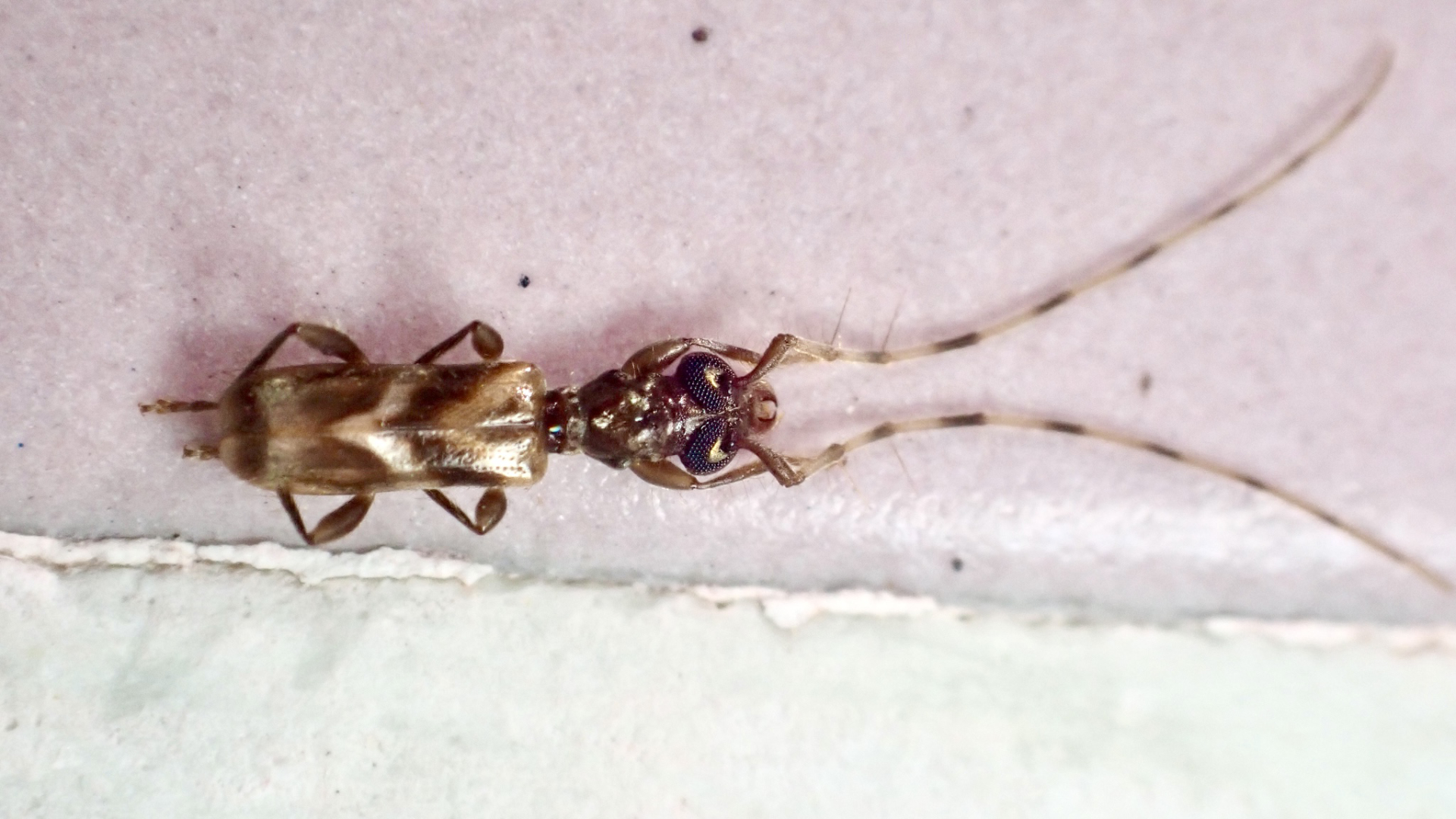
很多年前智能手機普及後,有不少的應用程式隨之而來,當中不乏生物辨識功能,特別是植物鑑別的Apps,包羅萬有,任君選擇。然而,植物以外的生物,例如細小而多變的昆蟲,不少在外國開發的軟件便對本地的小動物顯得無所適從。
近年人工智能的應用在影像分析或學習上有明顯提升,不用再下載不同類別的軟件,基本上,由細至單細胞的微生物,到肉眼僅見的蜘蛛,或者大型的哺乳類動物,只要是生物都能夠透過分析影像,從而根據前人所載入的影像和確認的資料,不斷學習和改善辨別的準確度。分享一下最近的例子,同事在校園梯間發現一隻細小的昆蟲,第一眼看到只知道是甲蟲,再用微距鏡頭拍下估計是一隻天牛,但自己以前是未有記錄過的。昔日,我一定會嘗試翻開《香港天牛》一書去找尋答案,但今次我便把照片上載到兩個軟件(Google Lens和iNaturalist),Google Lens得出數種相似影像的天牛,有Caribbomerus elieri, Stenhomalus taiwanus, Beraba angeli and Beraba limpida,若果仔細將每一個結果放大,再檢視相片中的天牛特徵,不難排除 Caribbomerus 和 Beraba,得出臺灣突眼天牛 Stenhomalus taiwanus。
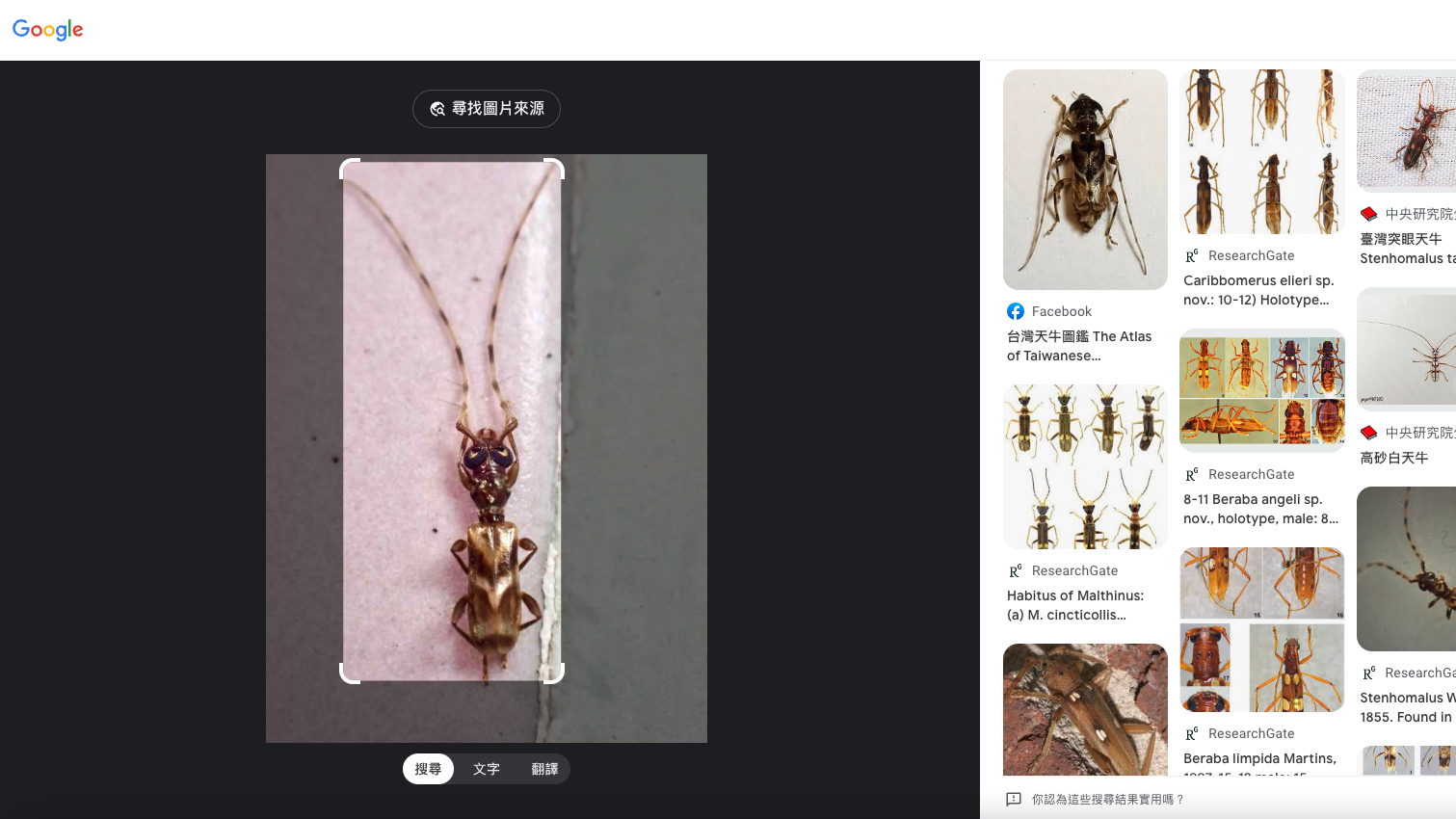
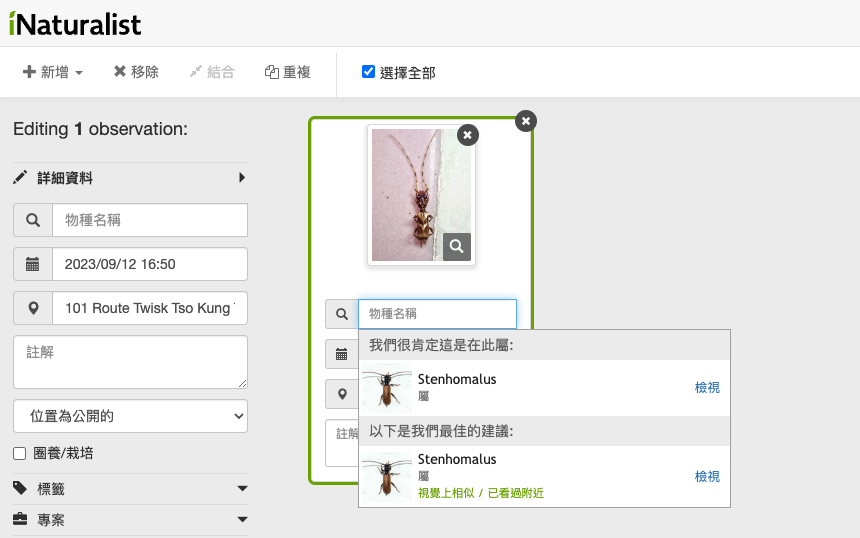
另外,iNaturalist除了根據視覺上的相似度作辨識外,也會利用地理資訊確認 Stenhomalus 是在附近已經記錄過,直接鎖定到屬的辨別。人工智能除了會透過更多的相片分析該物種的外貌特徵外,這個平台也會加入專家確認的元素,將「研究等級」的內容成為資料庫的重要依據和學習對象。因此,我只用了短短幾分鐘時間,便可以確認是恆春突眼天牛/ 台灣突眼天牛 Stenhomalus taiwanus。
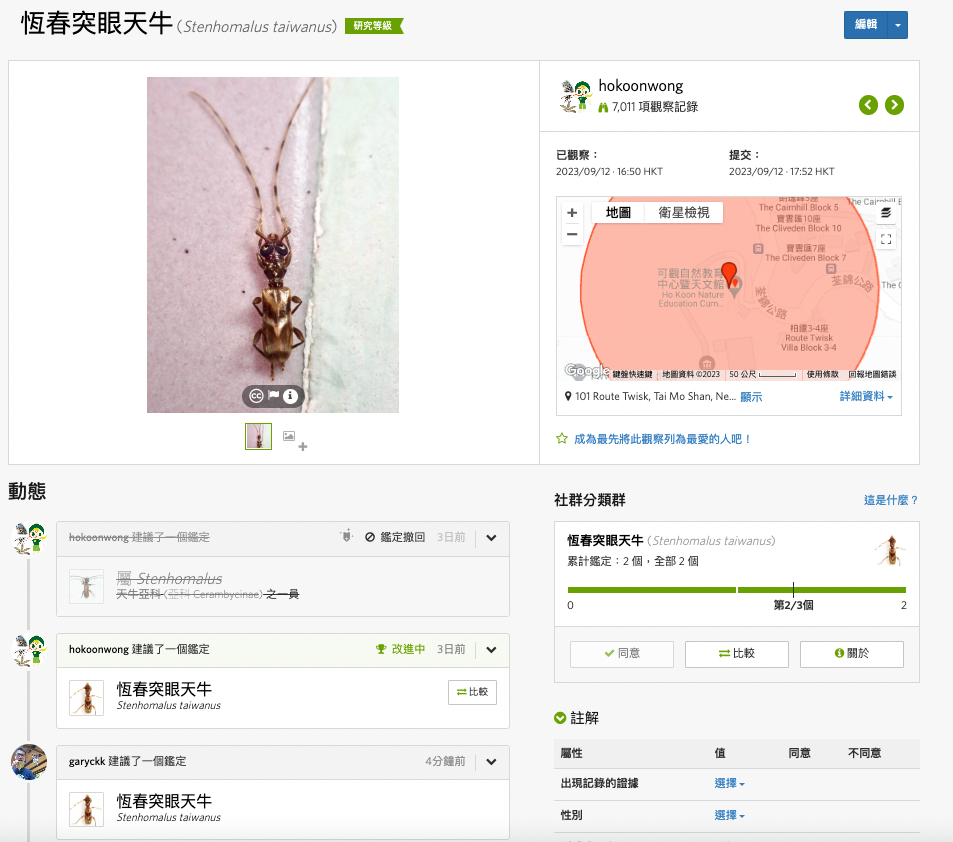
知更多人工智能對生物辨識的應用,觀看可觀Channel
生物科老師
黃志俊
Related News
- 1
- 2
顯微成像教師工作坊 Microscopic Imaging Teacher Workshop
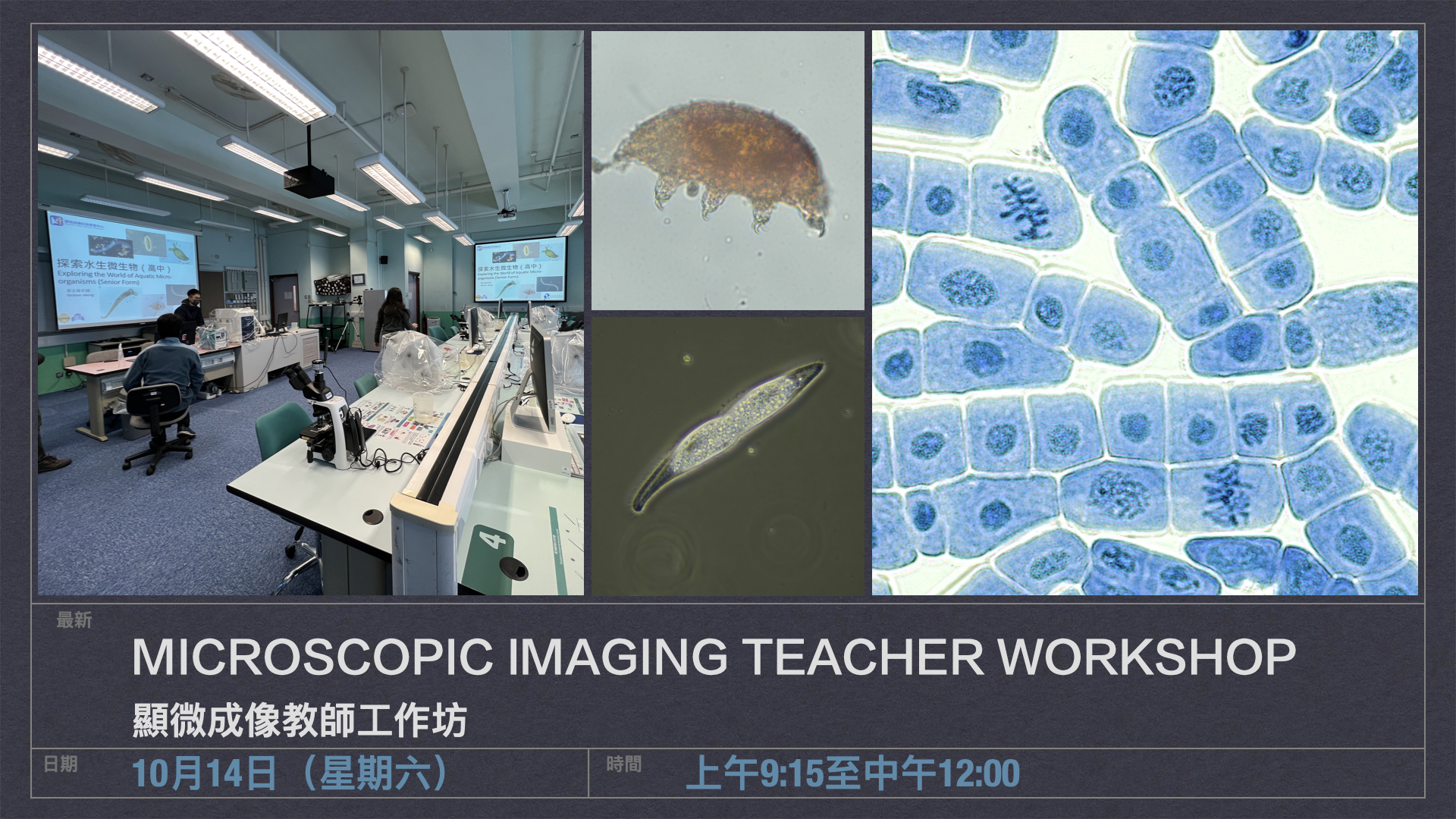 顯微成像教師工作坊
顯微成像教師工作坊
Microscopic Imaging Teacher workshop
日期:10月14日(星期六)
Date: 14th Oct, 2023 (Saturday)
地點: 嗇色園主辦可觀自然教育中心暨天文館- 顯微成像科技學習中心
Venue: Ho Koon Centre, 101 Route Twisk, Tsuen Wan, N.T.
(http://www.hokoon.edu.hk/contact-us/ for map and transportation methods)
活動流程:
Program schedule:
9:15-9:30 登記Registration
9:30 – 12:00
顯微成像教師工作坊
Microscopic Imaging Teacher workshop
9:30- 10:40 & 10:50-12:00
教師平均分成兩組(A和B)
Divide the teachers into two groups (Group A & Group B)
- 拍攝水生微生物和SEM示範Photography of aquatic microorganisms, SEM (MITLC)
- 製作臨時玻片觀察細胞分裂Preparing temporary mounted slide for mitosis observation (Laboratory)
10:40- 10:50 小休與兩組互換Break and swap
6. BioBlitz
2024 / 2025 Senior Secondary Biology Field Trip
6. BioBlitz
Students use different methodologies such as belt transect, point count, quadrant count and active searching etc. to assess the biodiversity at the field site. The pros and cons of different methods can be learnt and their appreciation of nature will be enhanced.
Field Sites: Ha Fa Shan (Accessible by Walking) / Nam Sang Wai (Accessible by Coach)
Download field trip worksheet (PDF): BioBlitz(HaFaShan) / BioBlitz(NamSangWai)
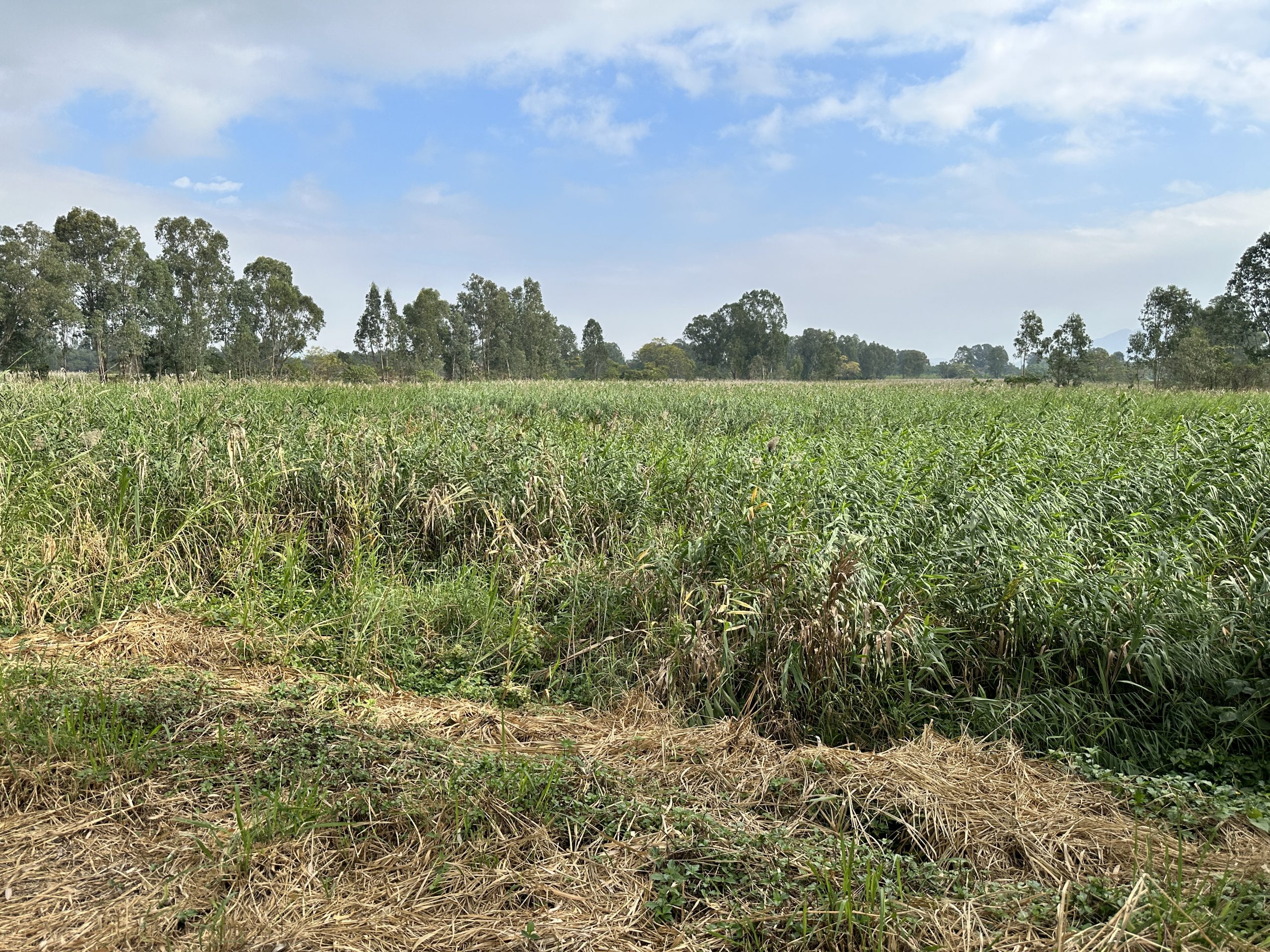

1. The symbiotic world
Related Courses
2024 / 2025 Senior Secondary Biology Field Trip
1. The symbiotic world
With a close and interesting relationship, plants and insects are the two types of living organisms with the highest biodiversity in the world. In the HKNEAC Organic Garden, students may find different symbiotic relationships and witness these wonderful but overlooked ecologies with a dissecting microscope.
Download field trip worksheet (PDF): Symbiotic_World
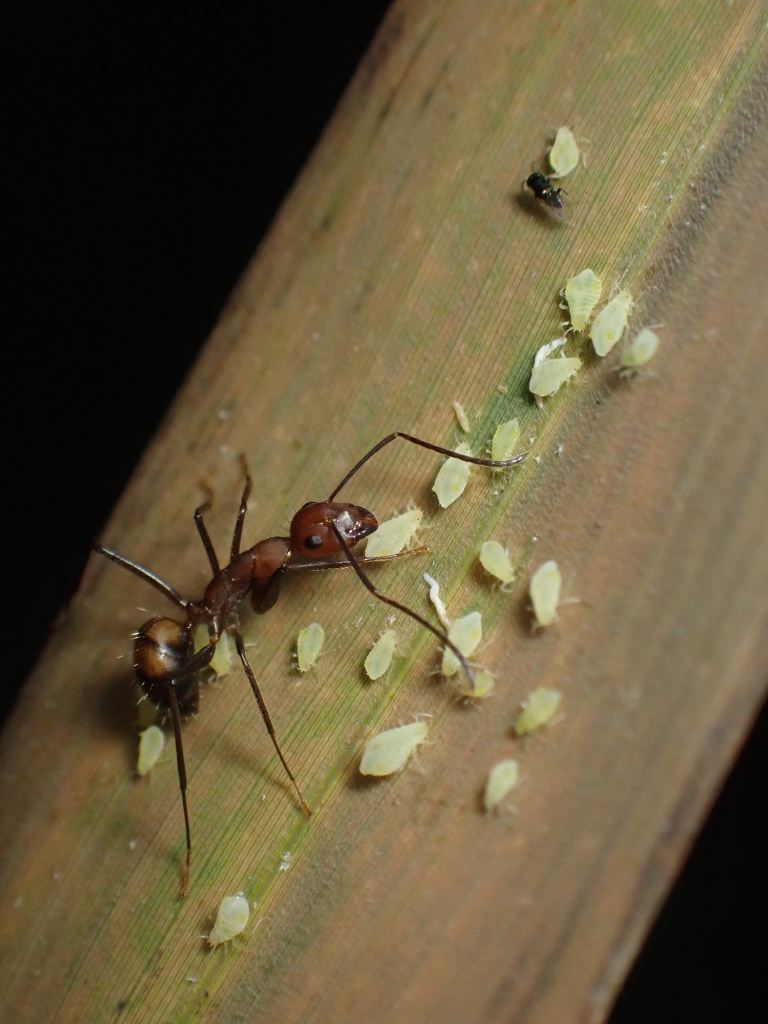
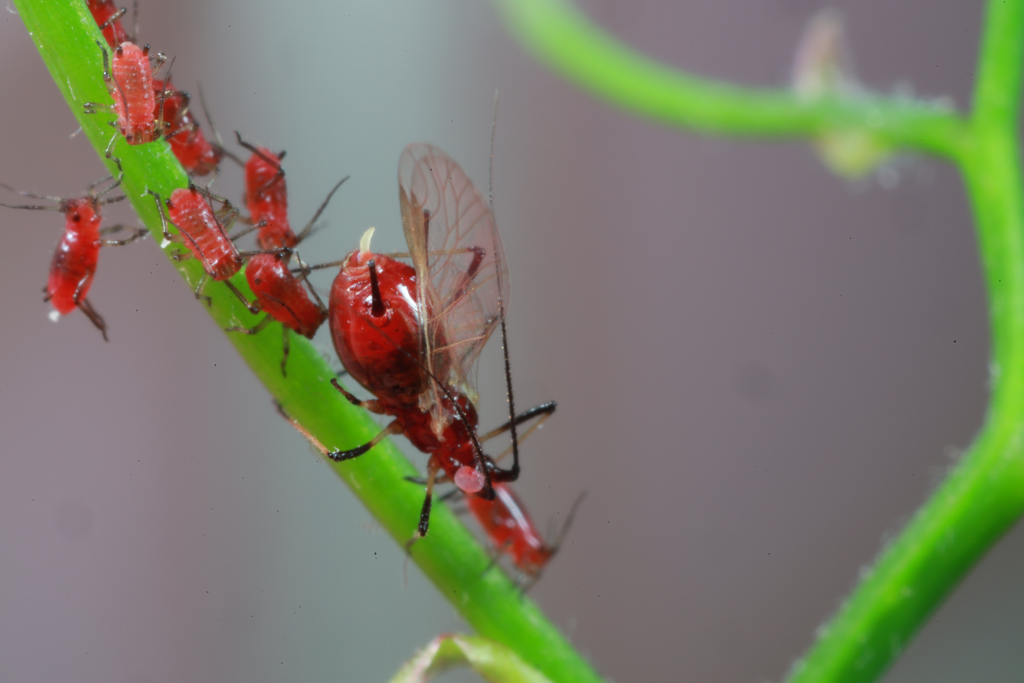
2. Exploring microhabitats
Related Courses
2024 / 2025 Senior Secondary Biology Field Trip
2. Exploring microhabitats
The HKNEAC Organic Garden has small habitats such as plant litter, organic farmland, eco pond and even manholes. Students will be assigned to collect different samples, use dissecting and compound microscopes to find small living creatures, and recognize their adaptive features and diversity.
Download field trip worksheet (PDF): microhabitats
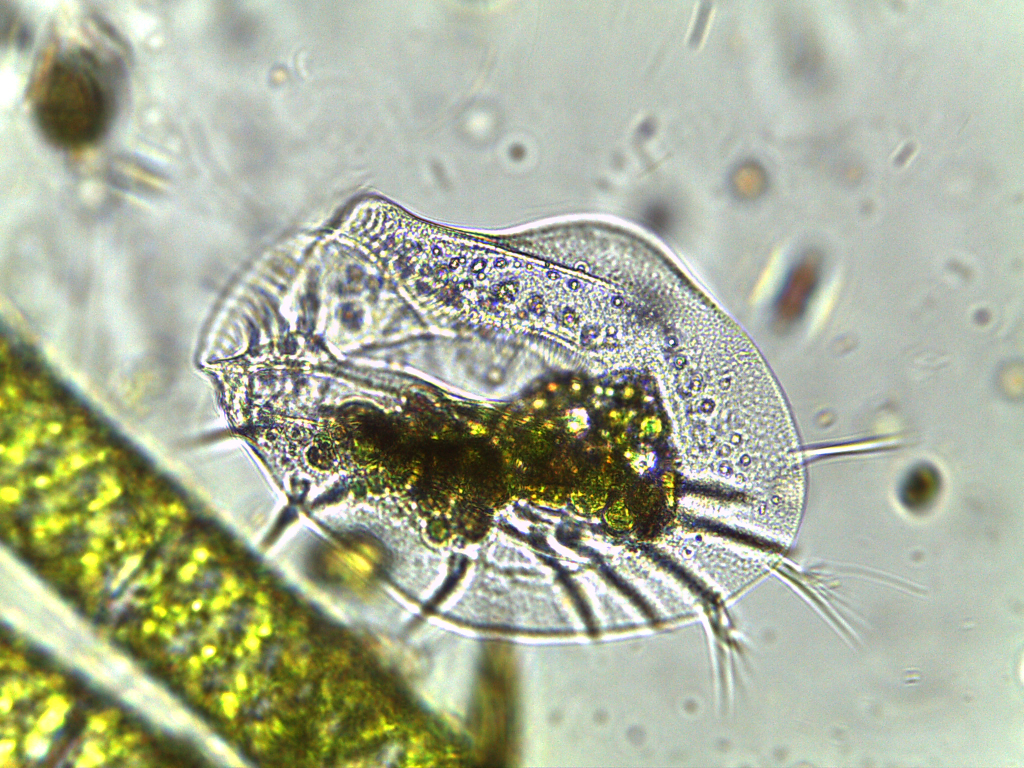
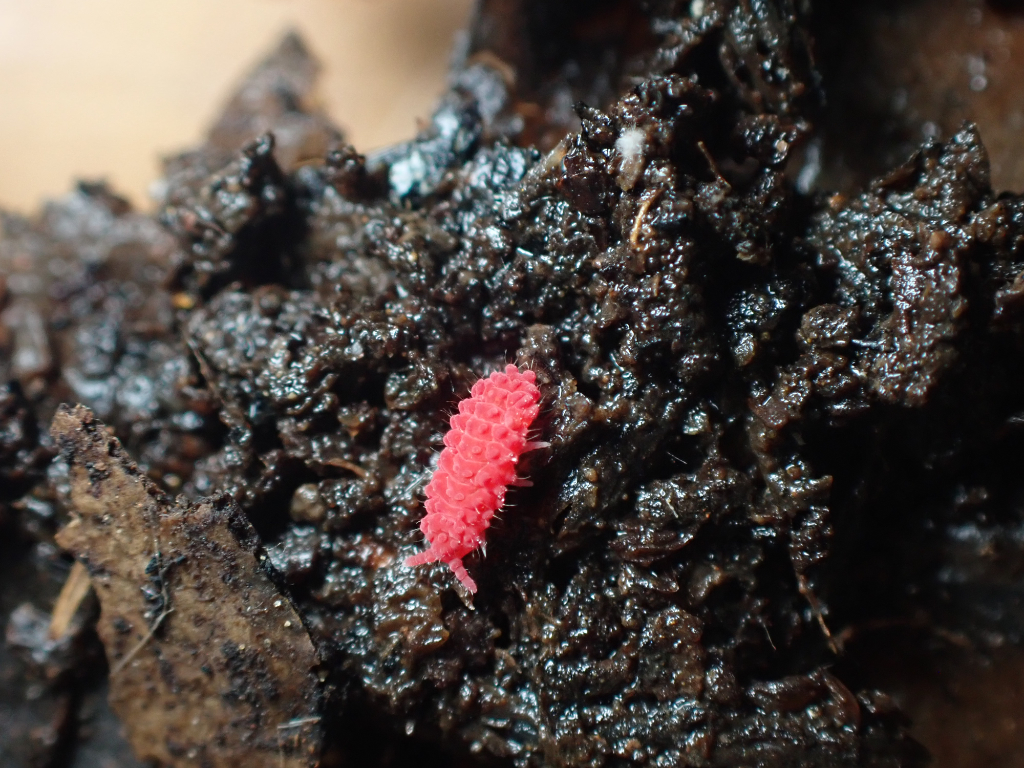
4. Electron microscope eco-exploration
2024 / 2025 Senior Secondary Biology Field Trip
4. Electron microscope eco-exploration
HKNEAC has an advanced electron microscope, allowing students to use ultra-high magnification to learn about the organ structure of different organisms, such as plant pollen and spores, or compound eyes, mouthparts, and feet of small insects.
Download field trip worksheet (PDF): SEM
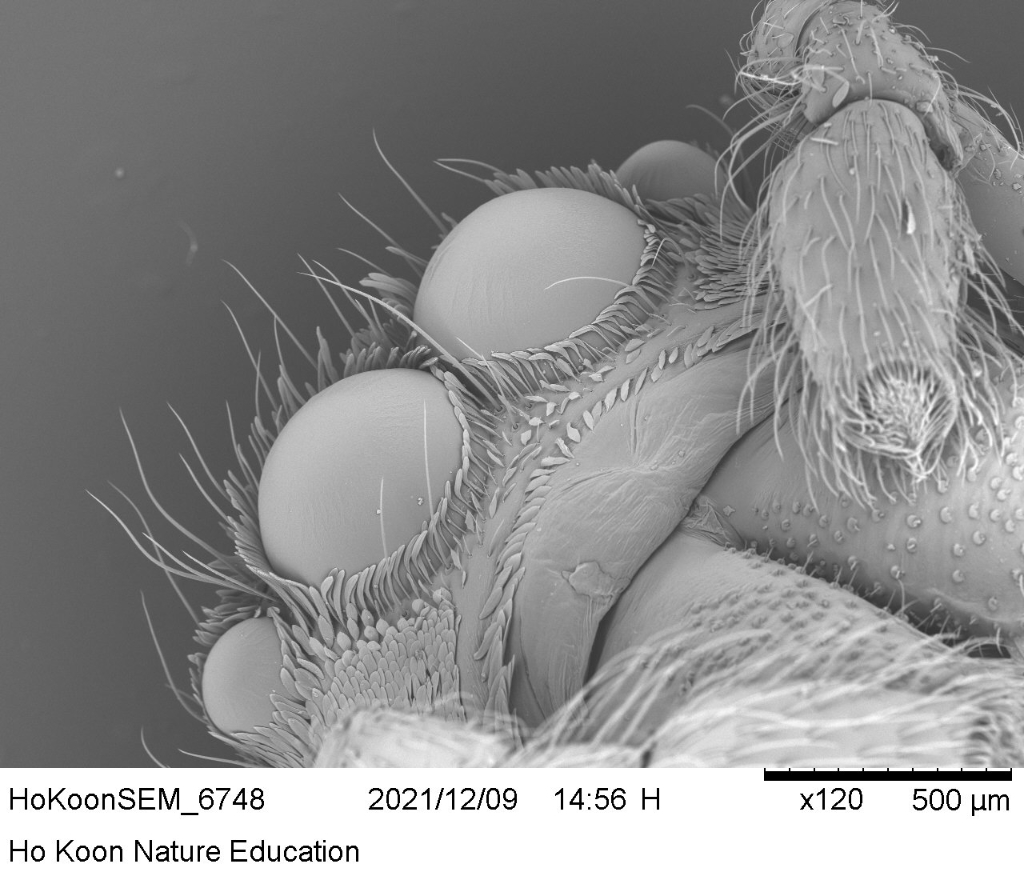
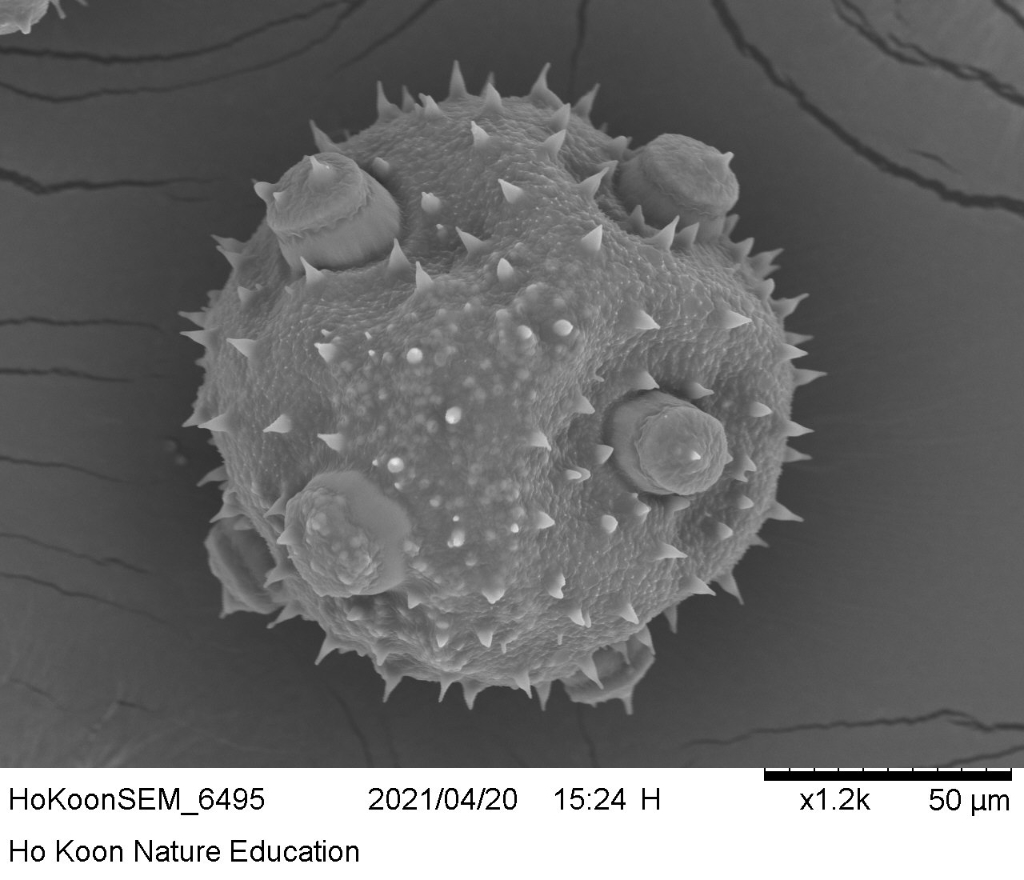
5. Microscope eco-exploration
Related Courses
2024 / 2025 Senior Secondary Biology Field Trip
5. Microscope eco-exploration
Download field trip worksheet (PDF): microscopicworld
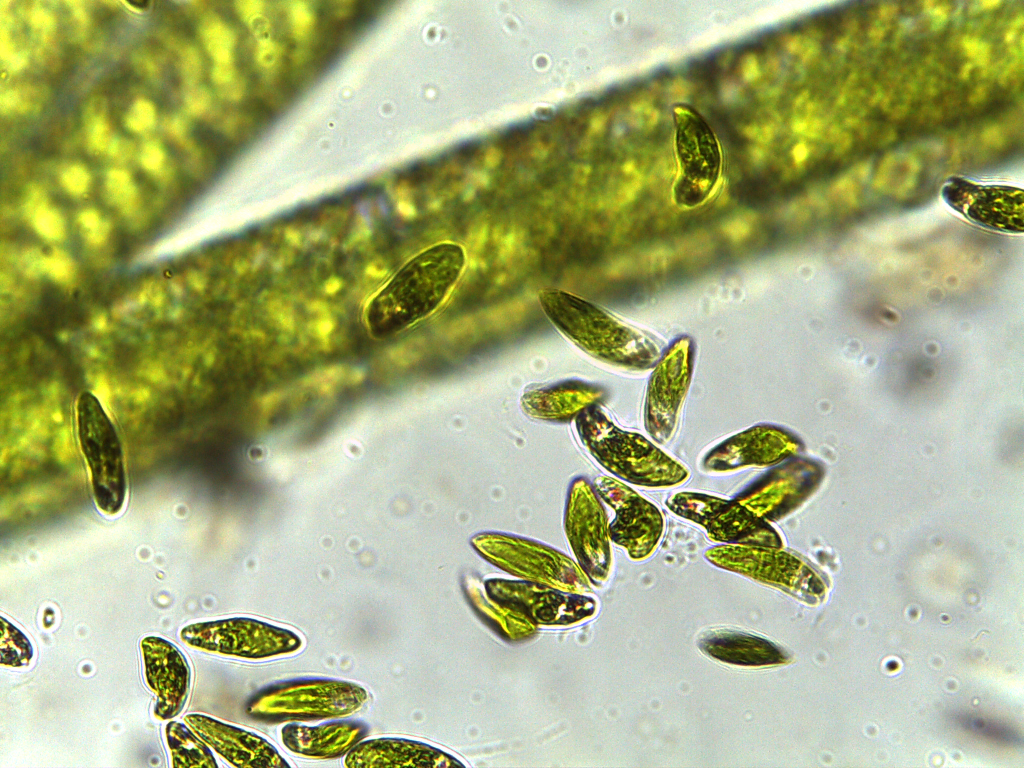
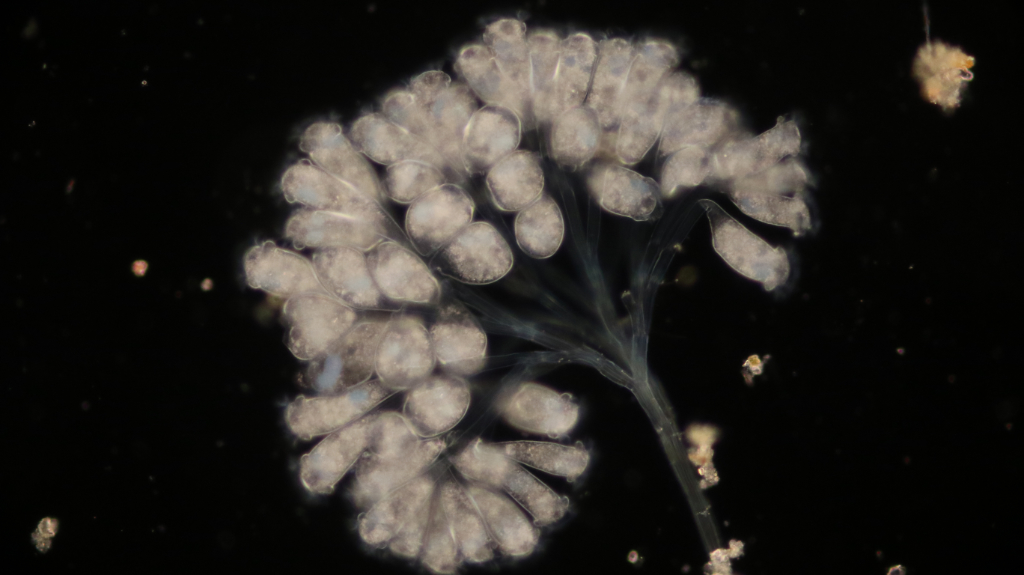
6. BioBlitz
Related Courses
2024 / 2025 Senior Secondary Biology Field Trip
6. BioBlitz
Students use different methodologies such as belt transect, point count, quadrant count and active searching etc. to assess the biodiversity at the field site. The pros and cons of different methods can be learnt and their appreciation of nature will be enhanced.
Field Site: Ha Fa Shan (Walking) / Nam Sang Wai (Coach)
Download field trip worksheet (pdf): BioBlitz(HaFaShan) / BioBlitz(NamSangWai)
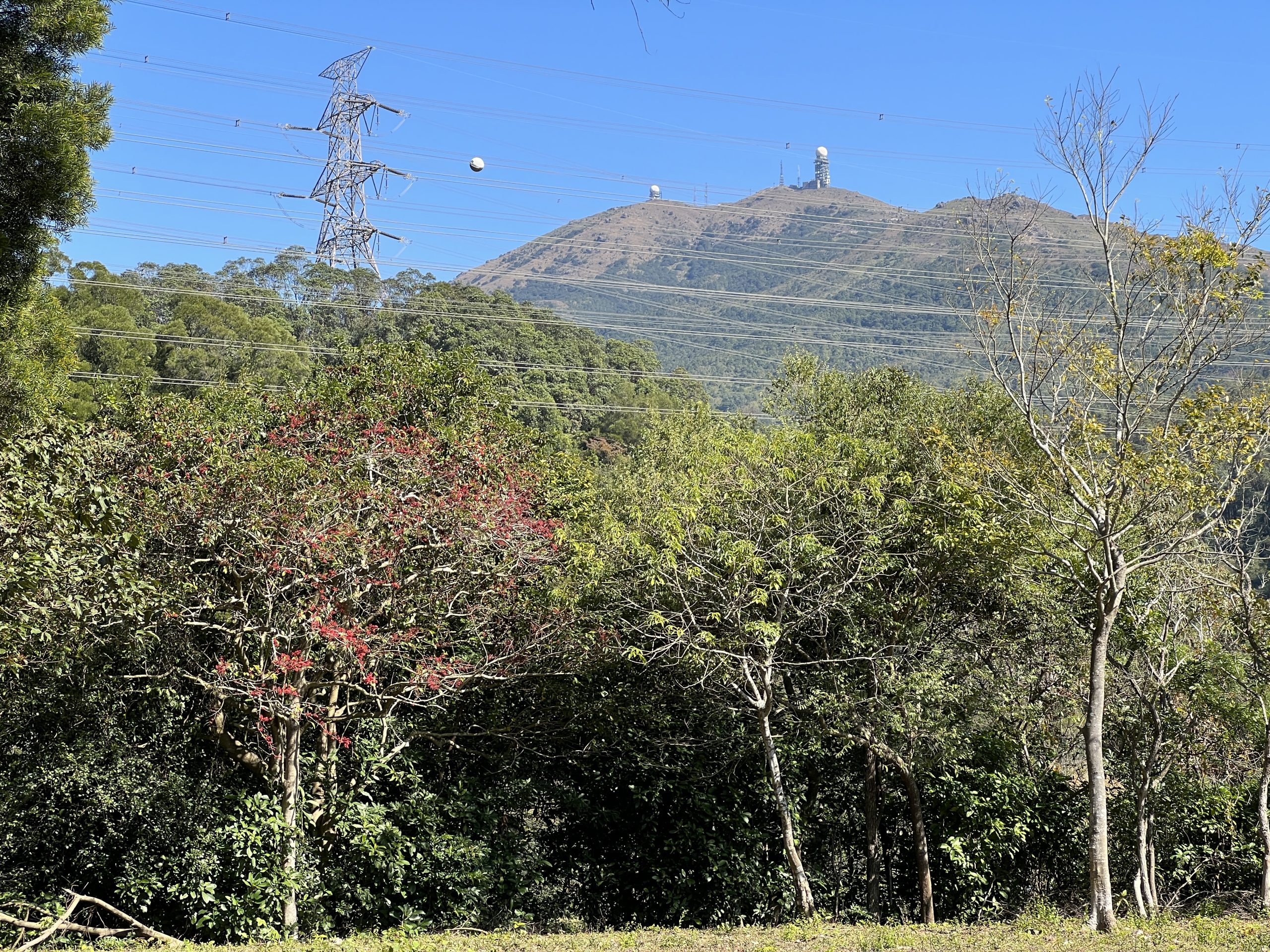

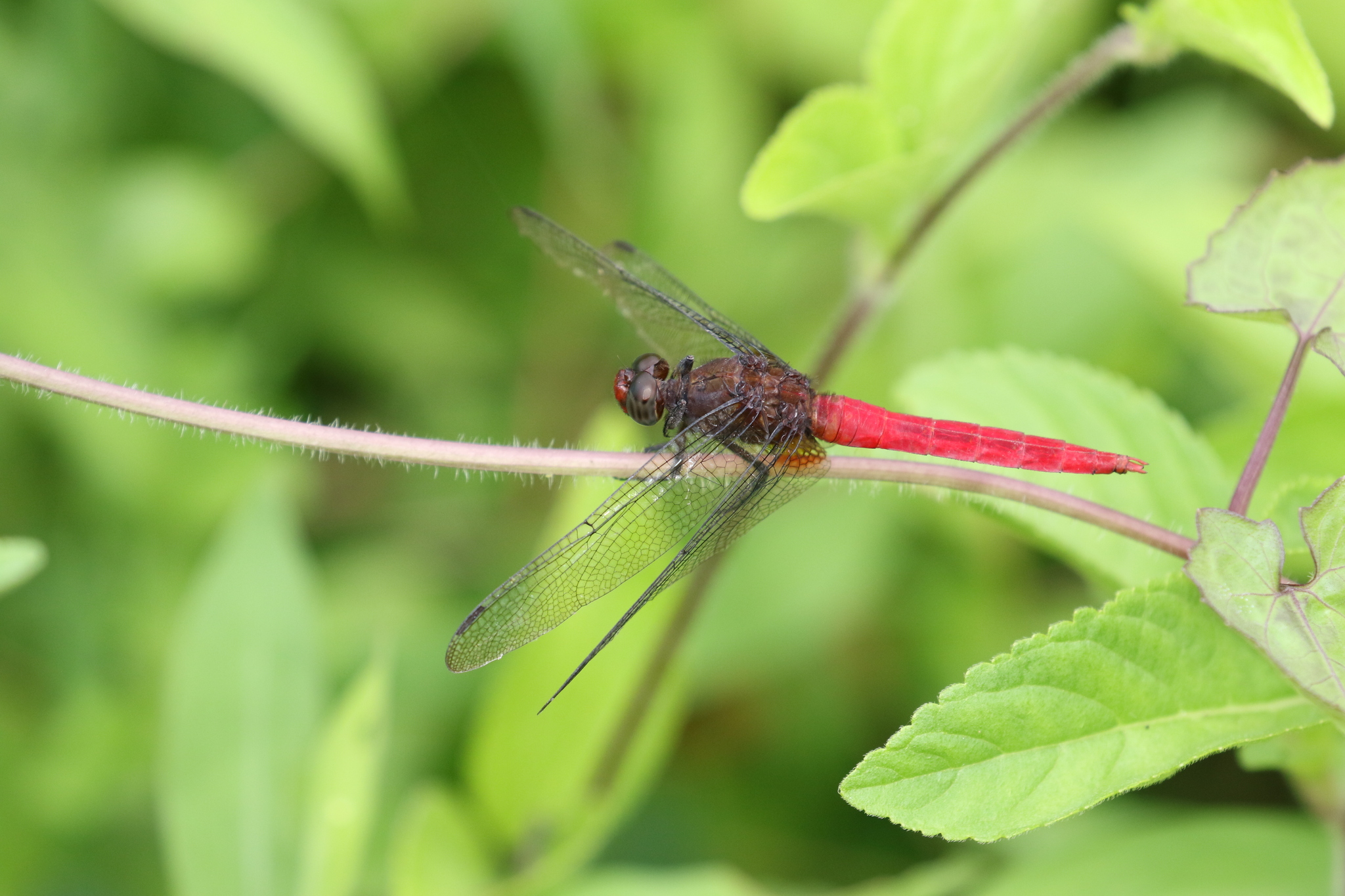
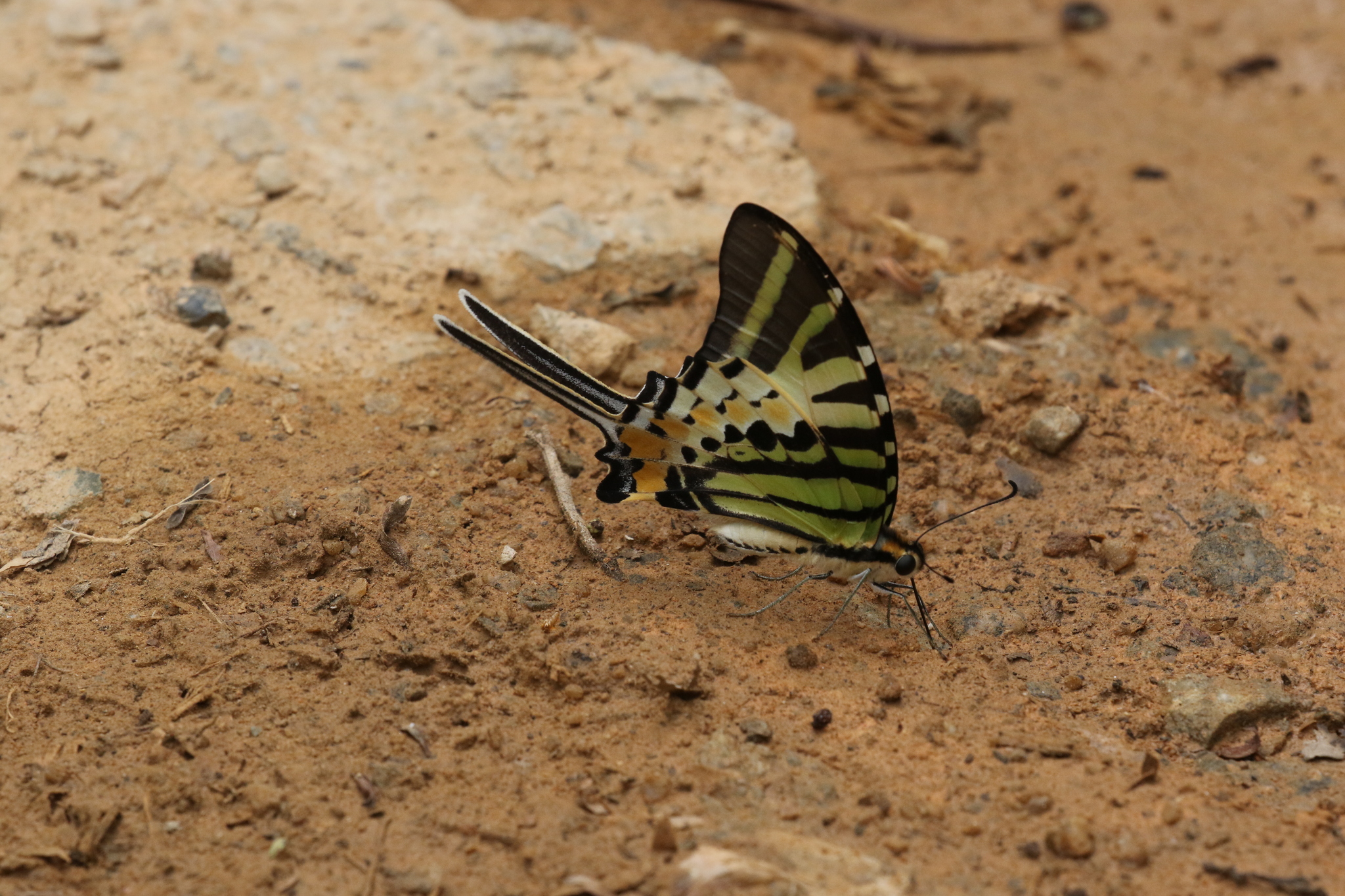

7. Study of freshwater stream ecosystem
Related Courses
2024 / 2025 Senior Secondary Biology Field Trip
7. Study of freshwater stream ecosystem
Students visit the typical upper stream for observing and recording animal and plant species and measuring the abiotic factors. Water samples are taken for chemical analysis. In the course, students are able to understand the functioning of an ecosystem.
Field Site: Chuen Lung or Tai Kiu, Tai Mo Shan
Instructional mode:
Students would carry out field study under teacher’s instructions. Download the field trip worksheet (PDF): Stream.
Investigatory mode:
Students would design and implement a research project on their own, including setting up research topic, targets and variables, methodology, and construct a report after all. Students are required to submit a research proposal via an online system before the field trip.
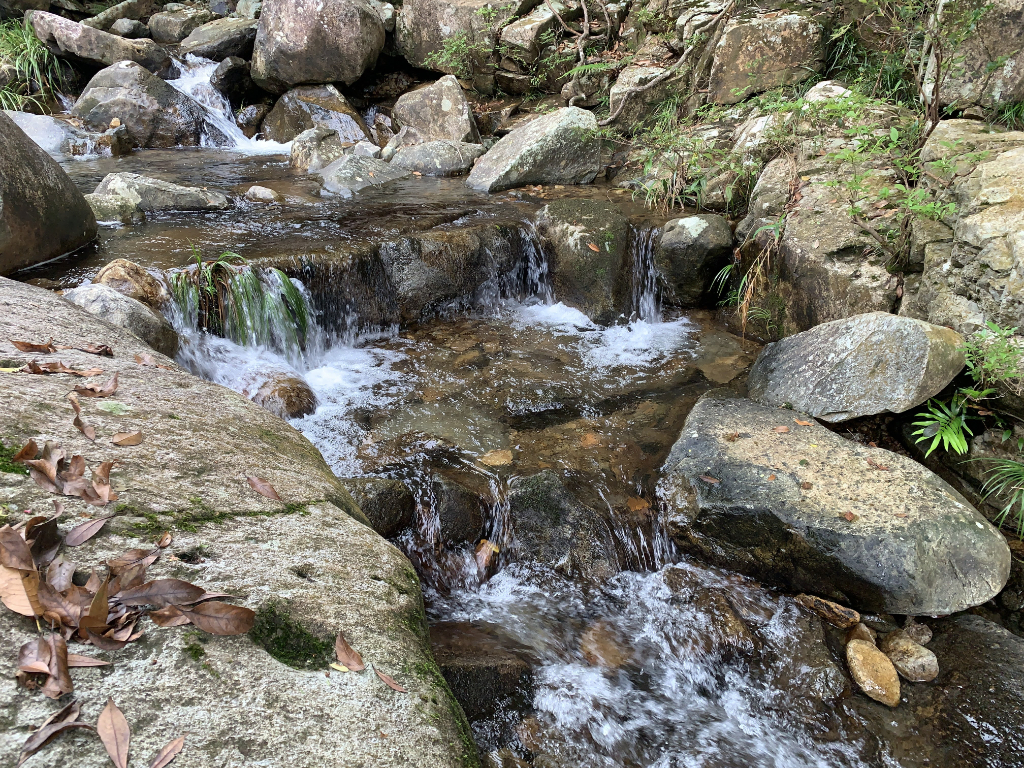
8. Study of mangrove ecosystem
Related Courses
2024 / 2025 Senior Secondary Biology Field Trip
8. Study of mangrove ecosystem
Mangrove stands is one of the most well-known coastal habitats. Students can learn how to identify different true mangroves and mangrove associates as well as diversified animals living in the inter-tidal zone. Students can also measure various abiotic factors of the habitat. By observing the distribution and adaptive features of the animals and plants, students could better understand the relationships between the physical environment and living organisms.
Field Site: Sai Keng, Sai Sha Road
Instructional mode:
Students would carry out field study under teacher’s instructions。Download the field trip worksheet here (PDF): Mangrove
Investigatory mode:
Students would design and implement a research project on their own, including setting up research topic, targets and variables, methodology, and construct a report after all. Students are required to submit a research proposal via an online system before the field trip.
